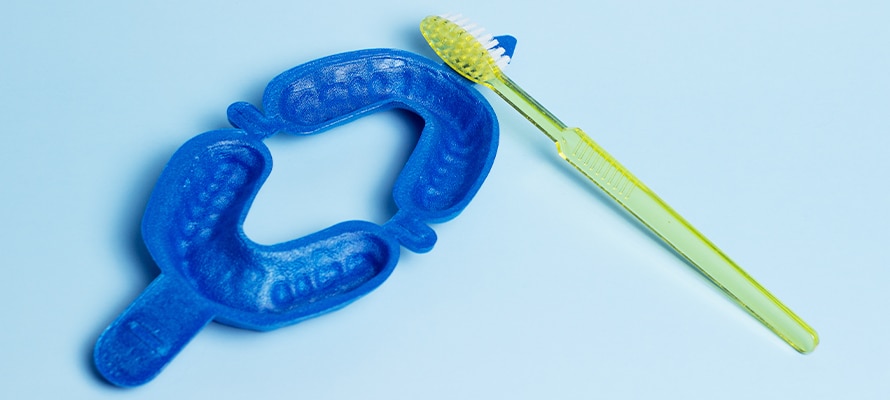Fluoride Treatment: What to Expect at the Dentist
Fluoride treatments are a simple yet effective way to strengthen teeth and prevent dental decay. This procedure is generally done at the dentist’s office, although some patients may require additional home care afterward. Learn what to expect with a fluoride treatment, including the process for receiving it, potential health benefits, and how to maintain your oral hygiene afterward.
What Is Fluoride Treatment?
Fluoride treatment is a procedure used to strengthen tooth enamel, making it more resistant to decay. A dentist may recommend this preventative service to help protect your teeth from cavities and other forms of dental damage. During the process, a fluoride solution is painted or applied directly onto the teeth and allowed to sit for several minutes. The dentist will then rinse away the solution, leaving behind strengthened enamel that is more capable of withstanding decay-causing bacteria.
Common Symptoms That Can Benefit From Fluoride Treatment
Fluoride treatment can be beneficial for all individuals, regardless of age. However, it is particularly helpful for those who suffer from enamel erosion, discoloration, and sensitivity due to prolonged acid wear. It is commonly recommended as a preventative measure to help strengthen enamel against decay in those with a high risk of cavities or as an additional service after teeth whitening treatments. Fluoride treatment can also help repair damaged spots on teeth that may have been caused by braces or other orthodontic equipment.
Fluoride treatment can help prevent cavities, reduce tooth sensitivity, remineralize and strengthen enamel, and repair any damage done to teeth due to orthodontic treatments. It can also prove beneficial for treating certain types of discoloration on the enamel. During a fluoride treatment session, a solution is applied to the teeth and left in place for several minutes before being brushed off. This helps ensure that an adequate amount of fluoride is absorbed into the tooth structure, providing maximum benefits and protection.
The Process of Getting a Fluoride Treatment
During your appointment, your dentist will begin the fluoride treatment process by first cleaning and polishing your teeth. This is an important step as it removes any plaque or tartar that has built up on the surface of your teeth. After that, they will apply the fluoride solution, either with a brush or a dental tray. The amount of solution and duration of treatment may vary depending on how much fluoride protection you need. Once they have completed the application process, you can expect to be given post-treatment instructions so that you can follow through on taking care of your teeth at home.
Preparation for a Fluoride Treatment
Before your fluoride treatment appointment, it’s important to brush and floss your teeth thoroughly. This helps to remove any plaque and particles that could hinder the effectiveness of the fluoride solution and make the entire process less time-consuming for you. Additionally, it’s a good idea to ask your dentist any questions you may have regarding the procedure and its possible side effects before beginning. This helps ensure that you understand what to expect from having a fluoride treatment done.
Additionally, many dentists offer fluoride treatments as part of their regular oral exams. If your dentist recommends a fluoride treatment during the procedure, make sure you understand what they will be using – usually either professionally-applied fluoride gel or varnish – and how often it should be applied to maintain optimal dental protection. Once the treatment is finished, you can brush and floss your teeth and rinse with water as normal – but it’s important to remember not to eat or drink anything except for water for at least 30 minutes afterward.
Aftercare Tips for a Successful Fluoride Treatment
After having a fluoride treatment, it’s important to drink plenty of water and remain well hydrated. Additionally, it’s wise to avoid eating hard, crunchy, and chewy foods for at least a couple of days. This helps to prevent any irritation or sensitivity in the treated area. Moreover, you should be sure to brush your teeth properly twice daily and floss as often as needed to make sure that every last bit of fluoride has been rinsed away from the treated area.
Get your fluoride treatment done at home
At Risio, we offer affordable, convenient, and comfortable preventive dental treatments.
By booking an online appointment with us, you can enjoy your dental visit while staying at home. If you or any of your family members are suffering from dental problems, don’t wait to make an appointment at our dental clinic – Risio!




